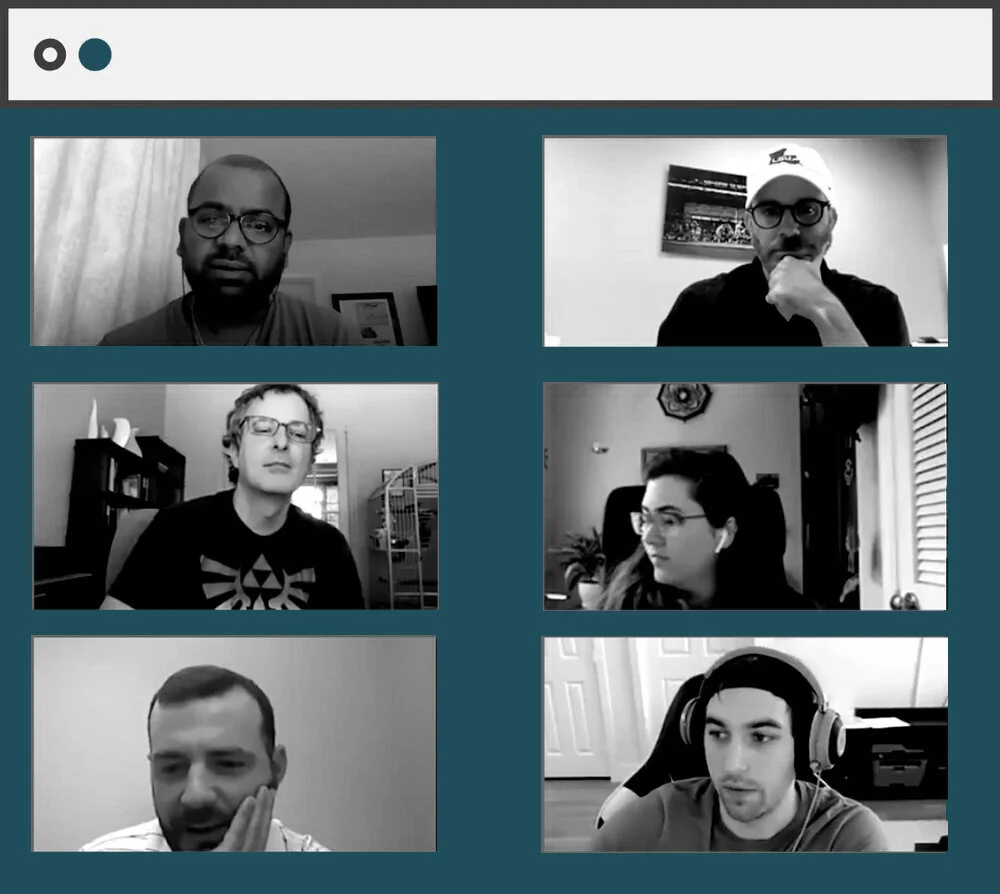Power Meal: The Future of Esports
University and esports professionals from Georgia Tech, Louisiana State University (LSU), and the private sector gathered over a virtual Power Meal to discuss the economic growth of esports, the challenges faced with establishing esports at universities, and the impact COVID-19 has had on the industry.
Participants included: Marc Aubanel (professor, LSU), Lura Levy (research student, Georgia Tech), Jonathan Angers (Director of Partnerships, Esports Stadium), Robert Munson (Sr. Associate Director of Athletics, LSU), and Siva Jayaraman (founder of Interdisciplinary Athletics Research Group, Georgia Tech).
Esports Economic Boom
Over the past couple of years, esports - a form of sport competition using video games - has taken the industry by storm, bringing in millions of subscribers on platforms such as Twitch and YouTube and is projected to surpass $1.5B in revenue by 2023. As the presence of competitive video gaming grows, so does the opportunity to capitalize on the movement. What was once small crowds in video arcade centers has now grown to arenas packed with thousands of gamers rooting for their favorite online players. Games like Fortnite, League of Legends, and Call of Duty draw in millions of viewers. Businesses are starting to take notice, too. “There’s a ton of growth that will happen over the next few years [in esports]. Companies like BMW are now sponsoring esports events not only to market to current esports fans, but to market to future drivers when they grow up.” - Marc Aubanel
Establishing Esports at Universities
Unlike traditional sports, esports is still gaining popularity at universities. Georgia Tech is exploring turning their student-run esports club to a varsity esports program. In states like Texas, students on varsity esports teams receive scholarships, equipment, and even access to broadcast studios on campus. Siva Jayaraman, founder of interdisciplinary athletics research group at Georgia Tech, expressed his concerns: “Demonstrating ROI to the university in order to gain funding is a challenge. It’s not like football or baseball where the tradition has been established for centuries; a game that’s popular today in esports can be different in a few years.”
Esports Arena, Arlington, Texas
COVID-19 and Esports
The global pandemic has affected industries across the board and esports is no exception. Jonathan Angers founded the first esports club at LSU in 2016 and now works as an esports professional in Arlington, Texas, home of the largest esports-focused venue in North America. The arena hosts massive events and includes 50+ gaming stations, retail spaces, broadcast and production studios, and team training facilities. Jonathan candidly mentions that the arena has lost $600,000 in revenue due to cancelled events. Fortunately, because of their expertise in online events, they were able to pivot faster than other industries to resume production. However, the new challenge is now competing with the over-saturation of online events. Jonathan expresses, “Every time I open Twitter there is a new $5,000 tournament for a game. So, these days, you have to be a really big differentiator.”

